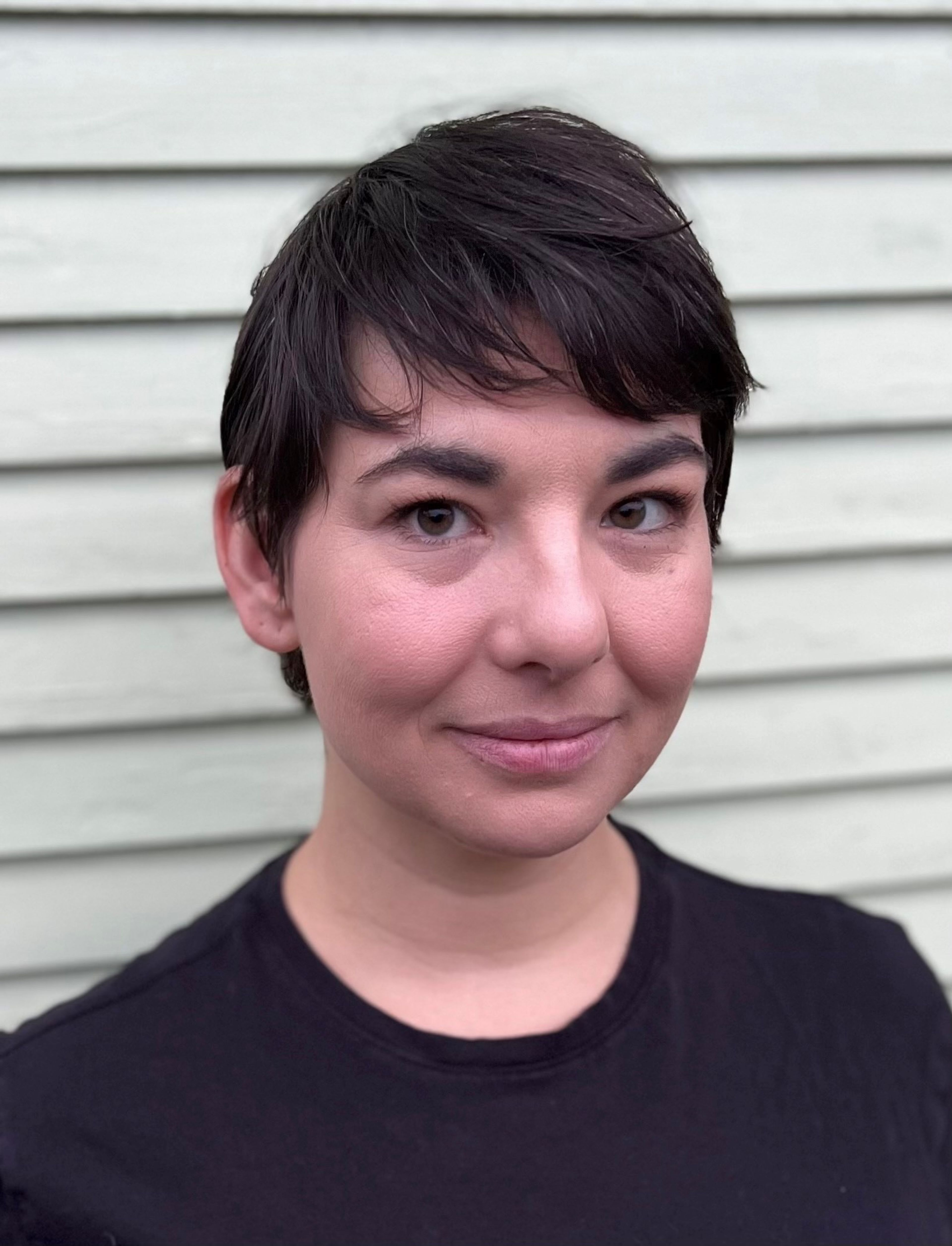New program to aid emergency room clinicians in opioid care
ScalaNW, launched Monday, expands access to medications and treatment for opioid disorders
Emergency room clinicians across Washington will now have access to a new resource to provide medications for opioid use disorder (MOUD), such as methadone and buprenorphine, and connect patients to treatment following their hospital stay.
On Monday, the Washington Health Care Authority launched ScalaNW, a clinical program aimed at expanding access to MOUD in emergency rooms by providing clinicians resources, including best practice guides, professional consultation and help scheduling patients for follow-up appointments.
Between 2019 and 2021, the number of Washington residents who died of opioid overdoses doubled, according to data from the Washington State Department of Health.
Though MOUDs such as methadone and buprenorphine have been shown to lower the risk of death by about 50%, they remained out of reach for many patients until recently due to lengthy training and registration requirements referred to as the “X-waiver” for physicians who wanted to prescribe them.
Those requirements were removed in 2023. But Liz Wolkin, a registered nurse at the Washington Health Care Authority, said there are still barriers for clinicians to prescribe the medication.
“Because of the history of the X-waiver, a lot of providers weren’t trained on this medication, they haven’t seen other folks use it, they may not have used it before themselves,” Wolkin said. “So, part of the goal of ScalaNW is providing suggested clinical protocols, and the consult line to say, ‘Hey, if you haven’t done this before, here’s some ways that are safe to start.’”
Another barrier for clinicians, especially at smaller hospitals, is a lack of time and resources to coordinate follow-up care, Wolkin said.
“It can be really challenging to figure out, ‘How do we get a follow-up appointment? Where is it? When is it?” Wolkin said.
The program includes an online hub, which hosts evidence-based protocols for clinicians with step-by-step guides on how and when to provide MOUD.
ScalaNW also offers clinicians 24/7 consultation support through the University of Washington Clinical Psychiatry Consultation Line and scheduling support for follow-up appointments through the Washington Recovery Helpline.
Both of those resources are publicly available to any clinician, Wolkin said. Hospitals that enroll in the ScalaNW program also are able to access support for scheduling follow-up appointments.
There are 14 hospitals enrolled in the program statewide, Wolkin said, which include several rural and eastern Washington hospitals.
Wolkin said part of the public health focus for opioid use disorder in Washington includes a “no wrong door” policy for those seeking medications to treat opioid use disorder.
“If you’re in a primary care appointment, you could get them there. If something happens that brings you to the emergency department, that’s not a wrong door, either,” Wolkin said. “That is a place where you can access these medications and start treatment.”
The program emphasizes emergency room visits, because many people who use drugs will end up there, Wolkin said. People who end up in emergency rooms also may have suffered a nonfatal overdose, which increases the risk of mortality.
Over time, Wolkin said, MOUDs also can help reduce cravings, increasing patients’ success at achieving long-term sobriety and reducing the day-to-day chaos associated with opioid use disorder.
“I like to think about it similar to medications for blood pressure or diabetes,” Wolkin said. “Really what they’re doing is treating the disease. One of the things that I think is really important about these medications is the stability that they provide.”
Between 2019 and 2021, only about 9% of overdose-related emergency room visits resulted in MOUD prescriptions, according to a study published in the National Library of Medicine.
Having a clinical resource like ScalaNW will increase clinician confidence in prescribing MOUDs, said Dr. Chris Buresh, assistant program director at University of Washington Emergency Medicine Residency Program. Buresh was part of a partnership that helped develop the medical protocols for ScalaNW.
“ScalaNW delivers what ER clinicians need to confidently assess and treat people with OUD: evidence-backed, accessible information to quickly guide treatment,” he said.
Sun may be contacted at rsun@lmtribune.com or on Twitter at @Rachel_M_Sun. This report is made in partnership with Northwest Public Broadcasting, the Lewiston Tribune and the Moscow-Pullman Daily News.









